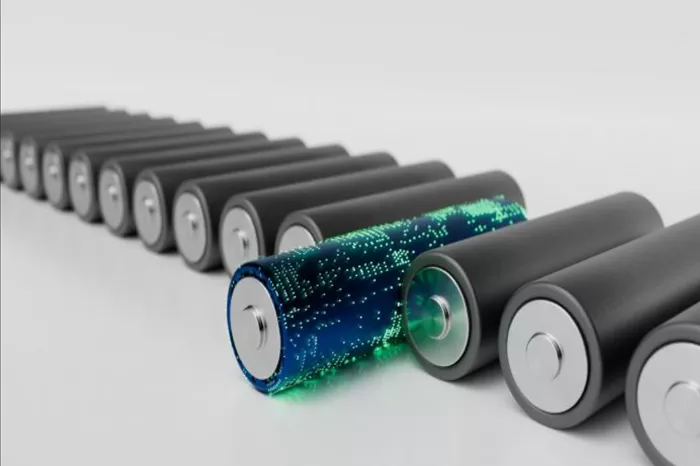Researchers at Fudan University in Shanghai have made a breakthrough that could significantly extend the lifespan of lithium-ion batteries. Their new technology could allow these batteries to maintain near-factory performance even after 12,000 charge-discharge cycles, far surpassing the current typical lifespan.
This advancement could have wide-reaching effects on industries like electric vehicles, smartphones, and large-scale energy storage in China. Currently, electric vehicle batteries generally last between 1,000 to 1,500 cycles (about six to eight years), with cold temperatures speeding up their degradation.
The team, led by Peng Huisheng and Gao Yue, created a novel lithium-ion carrier molecule using artificial intelligence and organic electrochemistry. This molecule acts like a “medical treatment” for batteries, replenishing lost lithium ions and restoring their capacity, instead of the traditional approach of discarding aging batteries.
Gao Yue explained, “This carrier molecule can be ‘injected’ into deteriorating batteries to precisely replenish lost lithium ions, providing a ‘precision treatment.'” The molecule’s structure is simple, with lithium electrons at one end, and the rest of it acting like a vehicle that transports those electrons into the aging battery. Eventually, the vehicle component is released as gas.
The researchers also explored battery materials that do not require lithium ions, opening the door to greener, heavy metal-free alternatives.
With this breakthrough, they anticipate the lifespan of lithium-ion batteries could increase from 500–2,000 cycles to between 12,000 and 60,000 cycles, a remarkable leap in battery technology.
Related topics:
- Lithium Manganese Dioxide Battery Market Poised for Growth Through 2032
- Neuron Energy Unveils New 5-Acre EV Battery Facility in Pune
- Clore Automotive Launches PRO-LOGIX PL6850 Power Supply & Battery Charger

